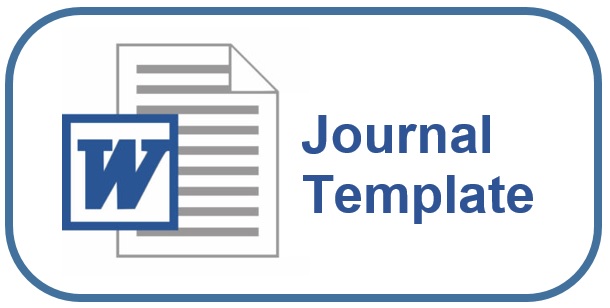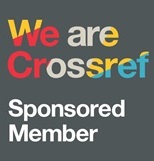Focus Group Discussion (FGD) Pelaku UMKM Kabupaten Penajam Paser Utara
DOI:
https://doi.org/10.36277/abdimasuniversal.v5i1.259Keywords:
FGD, MEMEs, Nusantara Capital, CoachingAbstract
The post-covid-19 pandemic era and the use of digitalization in the industrial era 4.0 forced Micro, Small and Medium Enterprises (MSMEs) to immediately rise up, pursuing adjustments to today's business. Strong business construction is characterized by high competitiveness. The development of the Nusantara Capital City (IKN) has become a trigger for the birth of awareness among MSME players to seize market opportunities in the Penajam Paser Utara (PPU) region. The fear of losing competition among business actors from outside the region is one of the important triggering factors. Anxiety, not knowing which way to compete with other MSME actors, so that the presence of the FGD is the initial stage for MSME actors to look for a pattern of solutions to plan their business to strengthen competitiveness. Implementation of Community Service (PkM) takes the theme of FGDs for MSME actors at PPU, preceded by requests for creative economic communities, supporting universities and PPU district governments and the business world, as well as preparation of FGD materials such as (1) identifying problems with MSME actors, and (2) strategy the concept of accelerating adaptation along with the development of IKN. Exposure of the material as the direction of the FGD. The presentation of the resource person was assisted by a moderator and responder from the Head of the Trade, Cooperative and MSME Office. The results of PkM show that MSME actors need professional guidance and assistance from universities. The conclusions from this PkM activity include: (1) identifying problems requiring provision, knowledge, and skills in analyzing MSME management, (2) a comprehensive understanding of business management as a provision for managing its distinctive products, and (3) speed of adaptation starting from business planning and Feasibility Studies Business (SKB).
Downloads
References
Admin. (2021). Penajam Paser Utama, https://penajamkab.go.id/?p=2014.
Hadiyanto. (2022). Ekosistem Fiskal Untuk Kebangkitan UMKM. Jakarta: Majalah Trasury Indonesia.
Indonesia, Bank. (2015). Retrieved from www.bi.go.id/id/umkm/penelitian/nasional/kajian/Dokumen/Profil%20Bisnis%20UMKM.pdf diakses, Maret 2023 Pukul 11.55 Wita.
Indonesia, T. K. (2021). Pemetaan Program Pemberdayaan Usaha Mikro, Kecil, dan Menengah (UMKM). Jakarta: FE Universitas indonesia.
Kemendikbud. (2022, Desember jumat 30 Desember 2022). Badan Bahasa Kemendikbud. Retrieved from kbbi.web.id
Marlinah, l. (2020). Peluang dan Tantangan UMKM Dalam Upaya Memperkuat Perekonomian Nasional. Jurnal Ekonomi, 118-124.
Maschasin. (2013). Pemberdayaan UMKM. Yogyakarta: De-Publish.
Mochamad Reza Rahman. (tt). Perkembangan UMKM (Usaha Mikro Kecil dan Menengah) di Indonesia. Jakarta: FE Universitas Tarumanegara.
Niode, I. Y. (2009). Sektor UMKM di Idonesia, Profil, masalah dan strategi Pemberdayaan. Oikos Nomos, --.
Nuraharto, K. (2022). Staretegi Pengembanagan usaha Mikcro kecil dan menengah (UMKM) pada masa Pandemi Covid 19 di Kota Madiun Provinsi Jawa Timur. Jakarta: Kemendagri IPDN.
RI, T. P. (2022). Langkah Pemerintah Dukung UMKM. Jakarta: Kementerian Keuangan.
Sumantri, B., A. (2017). Manajemen koperasi, Usaha Kecil dan Menengah. Kediri: FE Universitas PGRI Kediri.
Suryanto & Junaidi. (2022). Kajian UMKM Naik Kelas di Kabupaten Sleman Tahun 2020(Study of Upgrade MSMEs In Sleman District In 2020). Jurnal Akuntansi, Keuangan, dan Manajemen (Jakman), 3(2), 127-139 https://doi.org/10.35912/jakman.v3i2.1039.





















